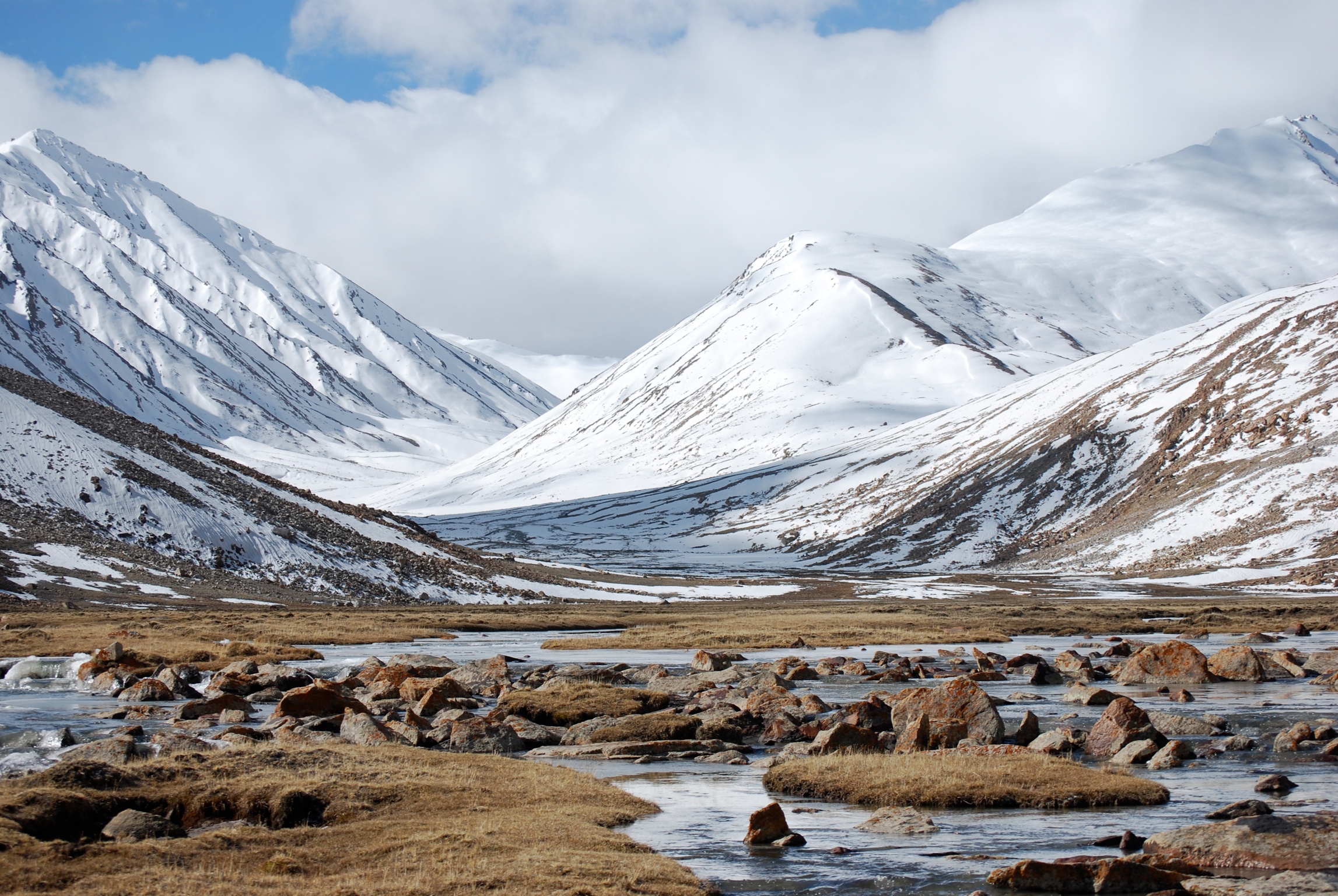You are the Space
The goal is to be able to experience the ups and downs of life spontaneously and meaningfully, riding the crest of the wave, free to move into the next moment unencumbered by attachments to what came before, or by fears or expectations about what is to come.
The goal is to create a mental space in which we can be aware of our experience with an attitude that is open, fascinated, accepting, forgiving, and ultimately loving. In this space, thoughts and feelings are welcomed and respected, dignified and legitimated by the mere fact of their having occurred within us. Yet, though they are real, they are not presumed to be accurate, important, or right-sized. We may become aware of multiple reactions occurring during a given experience and welcome them all into the space. We can try to get to know them and evaluate the relevance, veracity, and value of each.
This is talked about in the Buddhist literature, which encourages us to observe our thoughts and feelings with an uncritical, accepting attitude and to let them pass by without getting attached to them. Some camps go so far as to encourage us to label these thoughts and feelings generically (e.g., “thinking”) and to let them pass without paying any attention to the specifics. That's often a good strategy for managing our state of mind. But, when we do engage in a feeling, the idea is to welcome it, embrace it, really feel it; to try to understand it and its associations; and to love it as part of our humanity - inherently worthy of love and dignity.
It takes courage to be aware, because some of our feelings and thoughts are associated with intense pain. Sometimes the mind senses that the pain would be too intense to bear, and hides it from our awareness; sometimes we suffer and don’t know why, and sometimes we suffer by not feeling at all. It takes a strong sense of psychological security, to trust that we can tolerate the experience and survive it. It requires trust to believe this is worth it, that we will be better for having done it. This is hard work, which is why we tend to avoid it except when we can’t. But this is what gives meaning to the old adage that pain can be the gateway to personal and spiritual growth.
It’s not about finding the real "me", or ignoring or over-riding the real me in service of an identity we might prefer. We are the totality of our experience, the space we create for our experience, the contents flowing through the space, the attitude we take toward them, the decisions we make, and the meanings we make of any aspect of all this.
